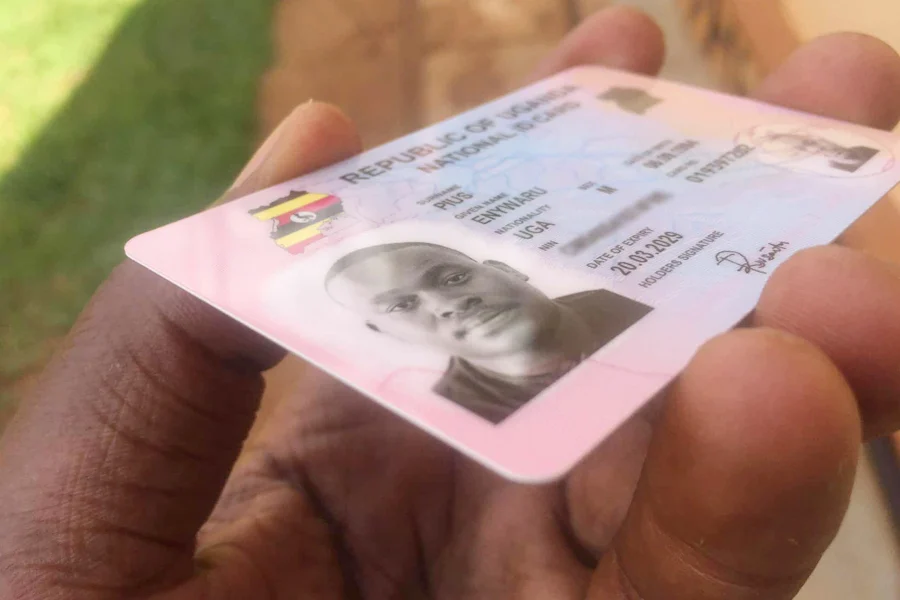
In a landmark move for Uganda’s creative industry, President Yoweri Kaguta Museveni has officially approved the Copyright and Neighbouring Rights (Amendment) Bill, commonly referred to as the Copyright Law, on Tuesday, March 4, 2025. The legislation, signed into law at State House Entebbe, introduces a robust Copyright Management System aimed at safeguarding the intellectual property of Ugandan artists, musicians, writers, and other creators, ensuring they receive fair compensation for their work.
The approval follows months of advocacy led by prominent figures in the entertainment sector, including Eddy Kenzo, President of the Uganda National Musicians Federation (UNMF), who met with Museveni last August to push for stronger protections. The new law mandates the installation of tracking devices in bars, radio stations, and television outlets to monitor the use of copyrighted material, with revenues distributed to artists based on play counts. This system, developed in collaboration with the State House Science team, aims to curb piracy and address long-standing complaints from artists about exploitation.

Speaking at the signing ceremony, President Museveni emphasized the role of technology in modernizing copyright enforcement. “When tape recorders came, the challenge was people recording songs from the radio and selling them. Now, this technology will tell us who has played a song and where, ensuring our artists are paid for their creativity,” he said. The President hailed the law as a step toward economic empowerment for Uganda’s youth, many of whom rely on the creative industry for their livelihoods.
The legislation has been met with widespread approval from the creative community. “This is a game-changer,” said Eddy Kenzo, who was present at the signing alongside Deputy Speaker Thomas Tayebwa and State Minister for Culture Peace Mutuuzo. “For years, we’ve struggled to benefit from our work. Now, even when we’re old and can’t perform, our songs will keep earning for us and our families.” Kenzo credited the President’s directive last year to explore digital solutions as the catalyst for this victory.
Under the new law, businesses playing music will require licenses enforced by the Uganda Communications Commission (UCC) and Uganda Police, with non-compliance leading to penalties. The system promises a fair distribution model: for example, if a bar pays a 1 million shilling license fee, artists will earn a percentage based on how often their songs are played, tracked by audio fingerprinting devices.
However, the move has not been without critics. Some bar owners and small broadcasters worry about the added costs of compliance, while digital strategist Pyepar Faisal has questioned the system’s feasibility, citing the high expense of implementation—estimated at billions of shillings annually—and suggesting a pivot to digital streaming platforms instead. Despite these concerns, proponents argue that the long-term benefits for artists outweigh the initial hurdles.
The law’s passage marks a significant shift in Uganda’s creative landscape, aligning it with global standards of intellectual property protection. As the country prepares to roll out the Copyright Management System in the coming months, eyes are on Kajjansi and other creative hubs, where artists hope to see tangible rewards for their talents at last.
“This is about dignity and recognition,” said musician Ykee Benda, echoing the sentiments of many. “President Museveni has given us a tool to fight for what’s ours.” With enforcement agencies gearing up and artists celebrating, Uganda’s creative future looks brighter than ever.








